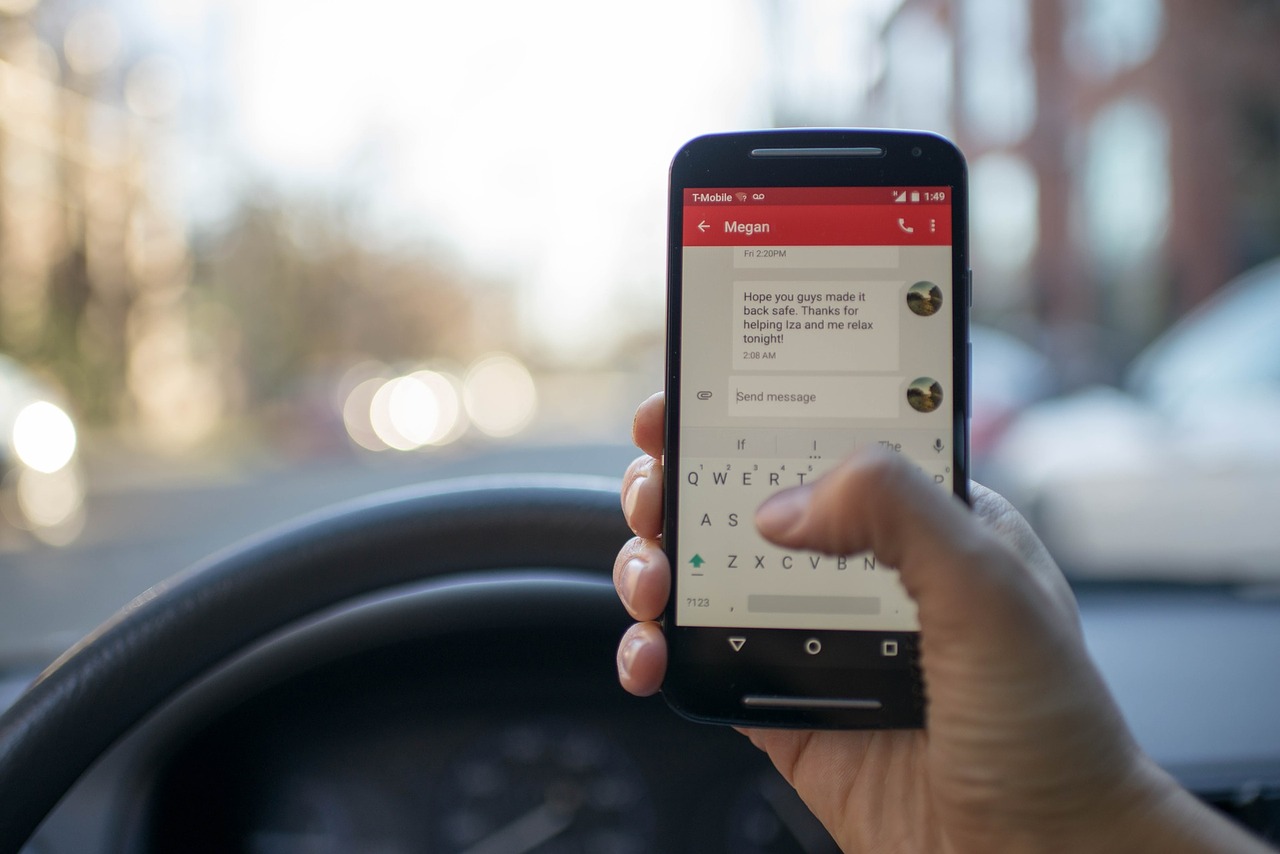At this point, everyone understands that distracted driving is hazardous. Texting and driving have been identified as the most dangerous behaviors a driver can engage in behind the wheel. Florida, in particular, has hundreds of thousands of visitors from around the country – and each state has slightly different texting and driving laws. To help those who live here and those on vacation, here are the laws about texting and cell phone use while driving in the state of Florida.
First, a few sobering statistics:
- 1.6 Million accidents occur annually because of phone use while driving
- 14% of all fatal accidents involve cell phone use
- 390,000 injuries occur annually from accidents caused specifically by texting & driving
- Distracted driving was responsible for 8.5% of all fatal motor vehicle crashes in 2019
Distracted Driving Due to Texting
Distracted driving puts everyone on the road in danger and is risky for the driver and everyone around them.
Distracted driving refers to any behavior that requires you to:
- take your hands off the steering wheel
- take your eyes off the road in front of you
- keep your mind off paying attention to driving
Texting involves all three kinds of distraction, making it one of the most dangerous behaviors. To avoid being in an accident, a motorist must perceive a hazard, react appropriately and have time for the vehicle to stop. It takes nearly the length of a football field for a driver traveling at 50 mph to stop, even if they are paying attention. The loss of a second in reaction time could mean the difference between evading an accident and being seriously injured.
When Can Law Enforcement Stop a Vehicle?
Florida Statutes allow police officers to stop motorists and issue citations if they are texting and driving. The statute specifically indicates that an individual may not operate a motor vehicle while manually typing or entering multiple letters, numbers, or symbols into a wireless communications device to text, email, or instant message.
Additional statutes prohibit using wireless handheld devices in a school zone, school crossing areas, or active work zone. An active work zone, as described in the Florida Statutes, is defined as an area where construction personnel:
- are present
- are operating equipment on the road
- are operating equipment immediately adjacent to the work zone area
Current Florida Texting Law
As of July 1, 2019, texting while driving is considered a primary offense. This means a driver can be pulled over by law enforcement and fined for texting and driving – even if no accident or incident has occurred.
Fines and penalties include:
- Texting, First Offense: drivers are fined $30. No points will be assessed.
- Texting, Second Offense within 5 years: Treated as a moving violation. Carries a potential $60 fine and 3 points assessed to driving record
- Texting, School Zone – 2 points added to the primary offense
- Texting, Resulting in a crash: 6 points added to the primary offense
Drivers can only utilize wireless Communications Devices in hands-free mode if they drive in School Zones, School Crossings, or active construction zones. Note that outside of these zones, drivers are allowed to talk on a handheld device. Texting is always an offense.
If you have been injured in a car accident and the other driver was texting, you may be eligible for compensation through the legal system.
Probinsky & Cole are Florida personal injury attorneys with offices in the Orlando, Tampa, and Sarasota metro areas.








